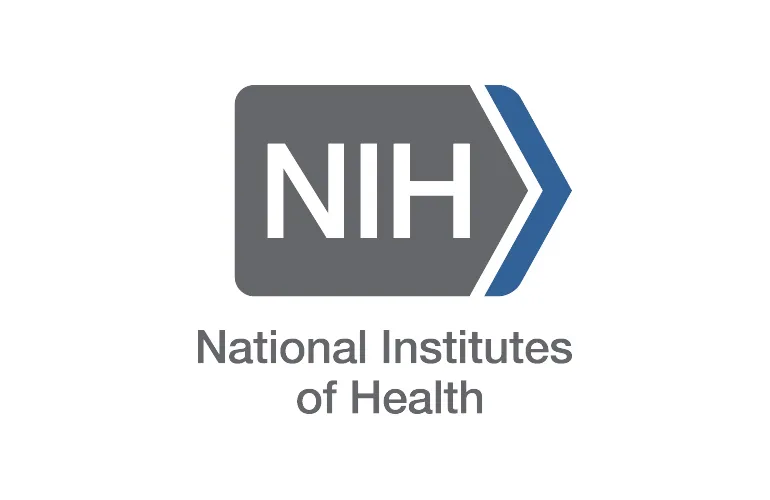National Institutes of Health (NIH) Unveils AI Algorithm to Enhance Clinical Trial Matching

NIH's New AI Algorithm for Clinical Trial Matching
The National Institutes of Health (NIH) has recently introduced a sophisticated artificial intelligence (AI) algorithm intended to streamline the clinical trial matching process. This new tool aims to significantly improve the efficiency with which potential participants are matched to relevant studies, ultimately enhancing the clinical research process.
Key Features of the AI Algorithm
- Enhanced Matching Efficiency: The AI algorithm analyzes extensive data sets to identify suitable candidates more effectively.
- Increased Recruitment Speed: By automating the matching process, the algorithm aims to expedite participant onboarding.
- Data-Driven Decisions: Utilizing machine learning techniques, the tool generates insights that facilitate informed decision-making regarding trial participation.
Impact on Clinical Trials
This innovative approach by the NIH is set to revolutionize clinical trial recruitment and management. By leveraging AI, the National Library of Medicine anticipates not only increased recruitment rates but also a broader diversity of participants, essential for comprehensively evaluating new treatments.
Future Implications
The implications for clinical trials are profound. As the NIH continues to push the boundaries of healthcare technology with AI, the potential for improved patient outcomes and accelerated research timelines becomes increasingly tangible.
This article was prepared using information from open sources in accordance with the principles of Ethical Policy. The editorial team is not responsible for absolute accuracy, as it relies on data from the sources referenced.